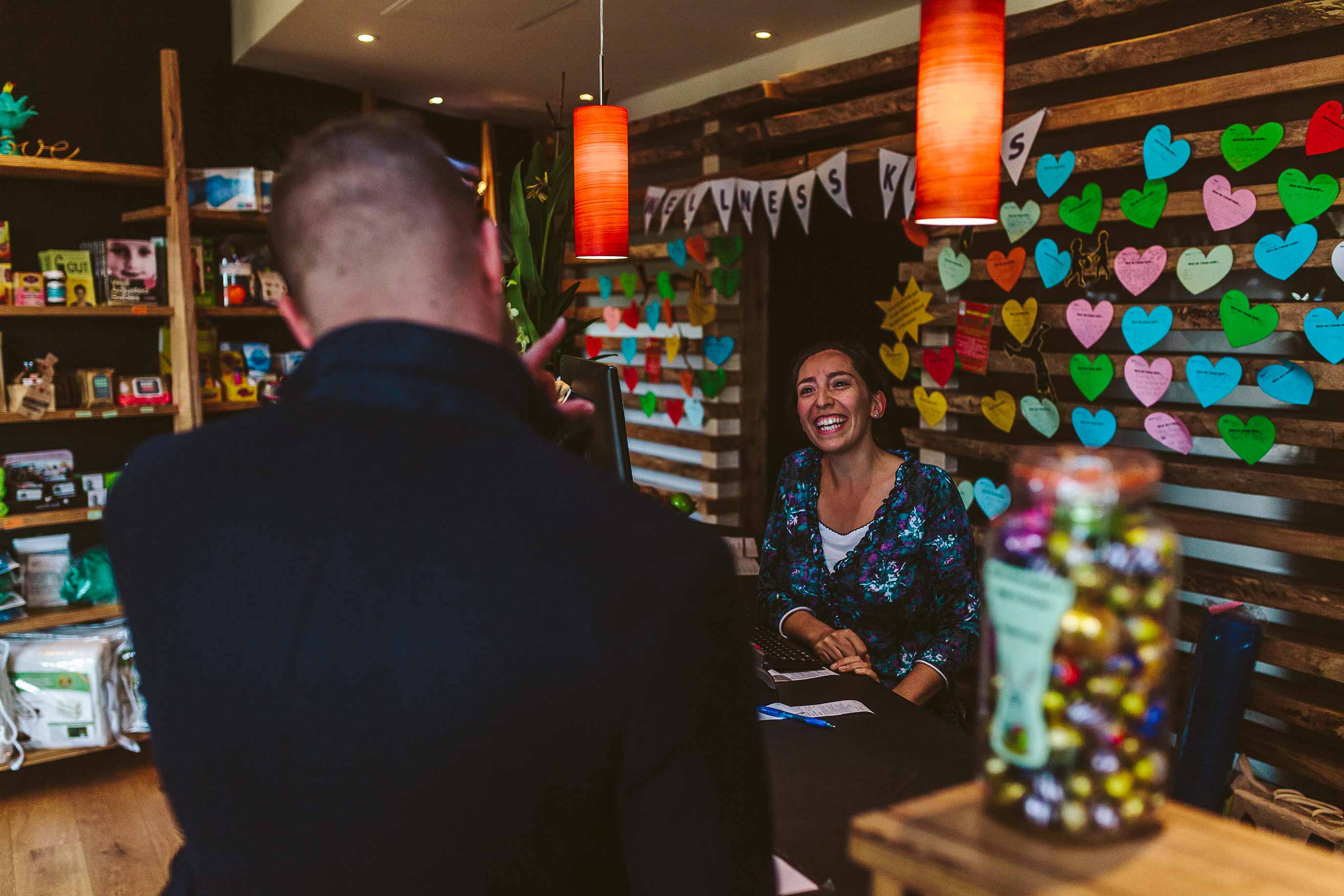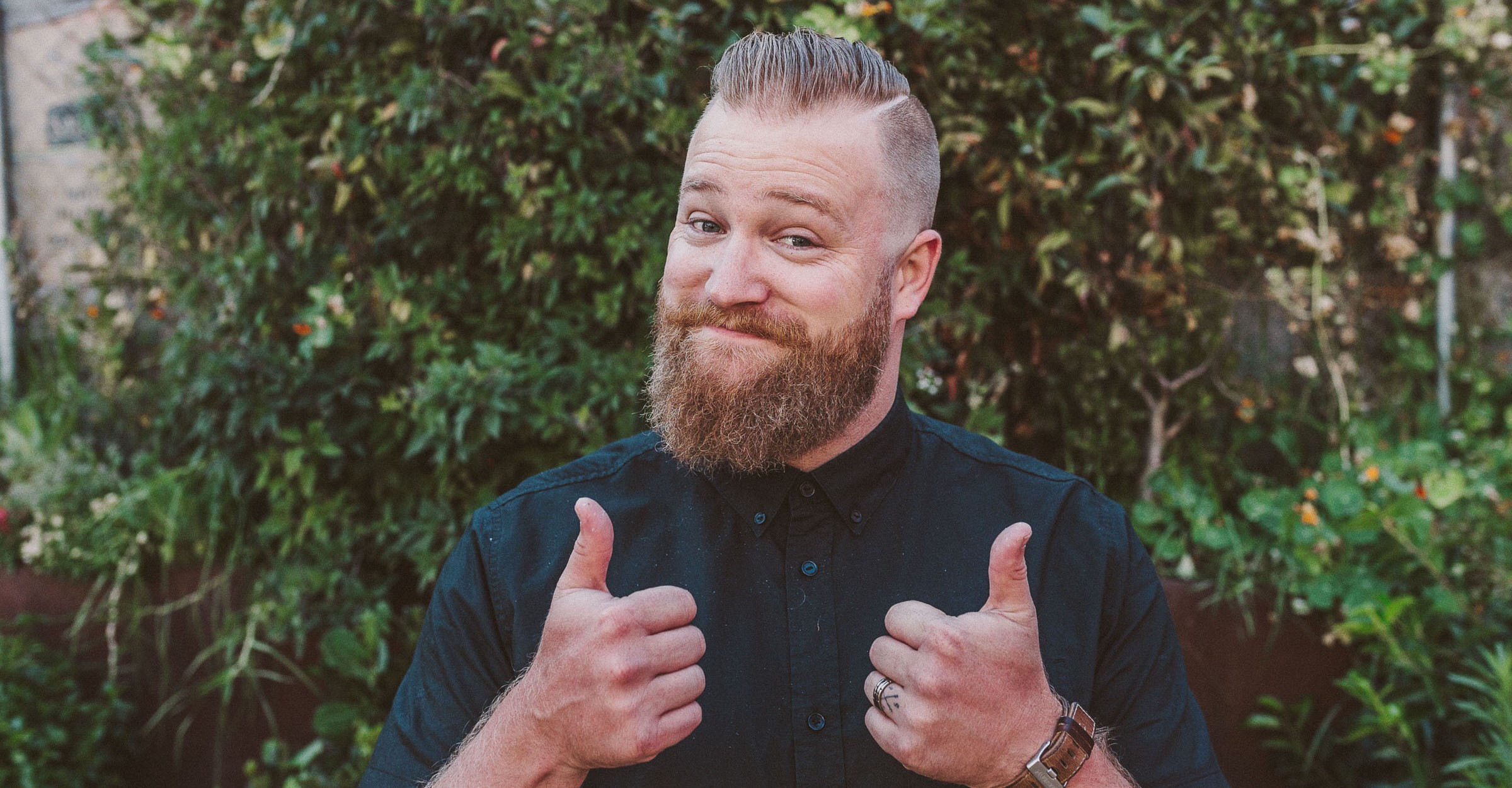The property market is still booming in Victoria. As such, we see many clients looking to capitalise on the soaring value of the major asset they hold – the family home.
A common strategy we come across is making the choice to rent out the family home. With significant equity in the home, the plan is often to drawdown on the mortgage and purchase a smaller unit or townhouse to live in.
While this can be a great lifestyle choice, it’s also important to keep in mind the various tax implications in relation to your main residence.
1. Interest deductibility
Many clients believe that if they employ the above strategy, all the interest on the loan will become deductible when the family home is flipped into a rental property. Sounds great. But unfortunately, this isn’t the case.
Say, for example, you have been diligently paying off the family home mortgage over many years and the loan balance is $100,000. You opt to drawdown $400,000 to purchase a new townhouse and rent out the family home.
Although the loan balance is now $500,000, the ATO looks at the use of the funds when it comes to interest deductibility. As the $400,000 now applies to your private residence, only interest on the $100,000 will be deductible going forward.
2. Get a valuation – ‘home first used to produce income’ rule
When the choice is made to rent out your family home, ensure you get a market valuation. Provided you make this choice after 20 August 1996 and the home isn’t a pre-CGT asset, the home first used to produce income rule allows this valuation to become your cost base.
The capital gain made up to this point will be exempt under the main residence exemption.
3. Main residence – 6-year rule
Rather than purchase a new home to live in, you may decide to rent or even move in with a family member while the family home is earning income.
Whatever the case, provided you don’t treat another dwelling as your main residence, you can continue to treat the income-producing family home as your main residence for a period of up to 6 years!
Therefore, you can receive a full exemption on any capital gain should you choose to sell during this period.
4. Changing main residences
Making the decision to move can be stressful, especially if settlement on either property is drawn out. If you acquire a new home before you dispose of your old one, both can be treated as your main residence for up to six months if:
- The old home was your main residence for a continuous period of at least three months in the 12 months before you disposed of it;
- You didn’t use it to produce assessable income in any part of that 12 months when it was not your main residence;
- The new dwelling becomes your main residence.
Being unaware of the above and without proper tax planning, transactions involving the family home can result in significantly different tax results. As always, if you’re contemplating any transaction involving property, give our office a call or pop in for a chat.


















